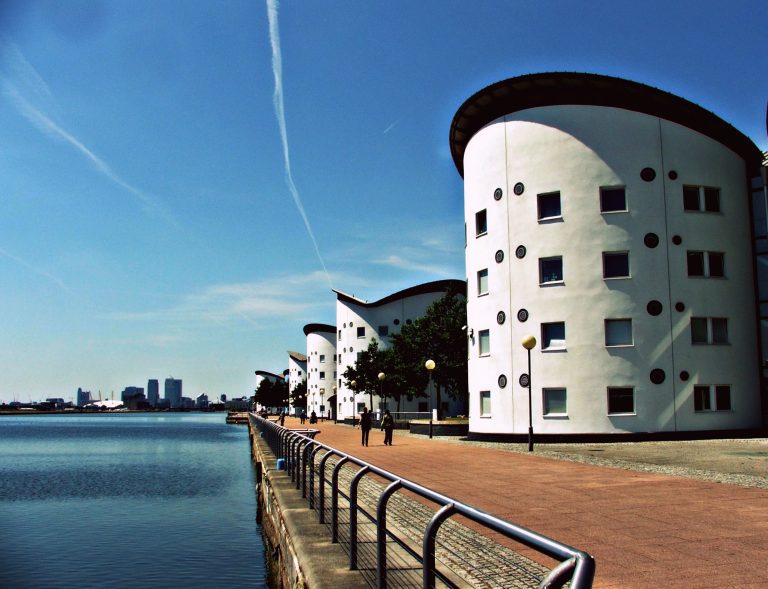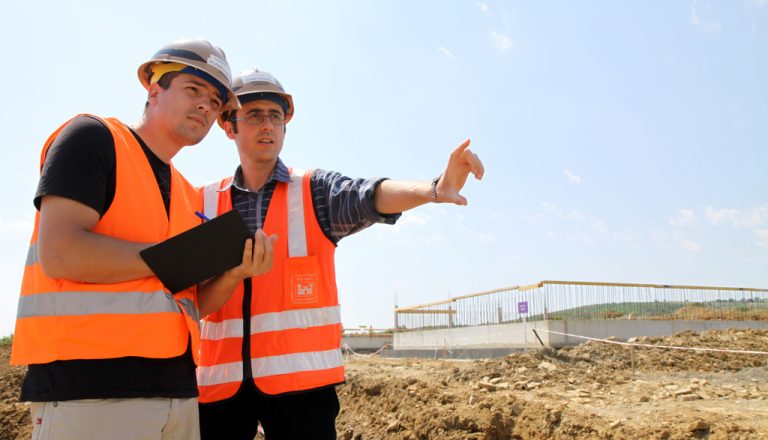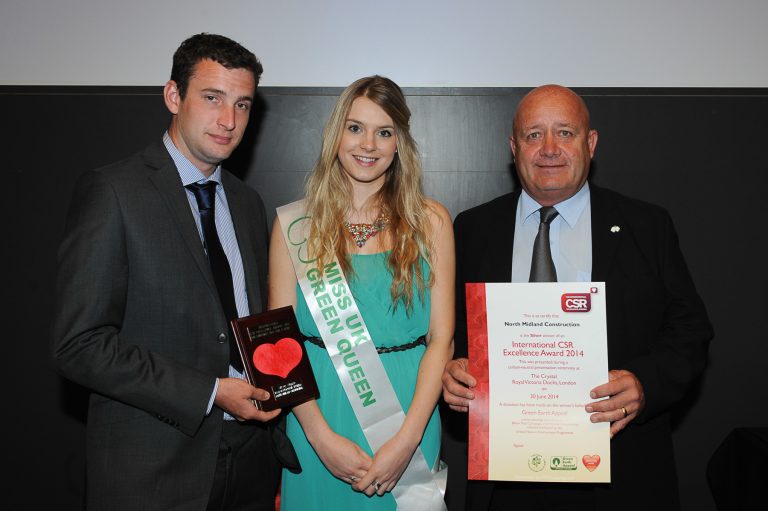Savills – Prime Estates: Expanding Property Management (The Following is a Promoted Article) Long established and highly regarded as an international real estate services leader, Savills has, for an eighth consecutive year, been recognised as the top real estate Superbrand by the Centre for Brand Analysis, whose assessment takes into account the company’s depth of expertise, reliability of professional advice, management and transactional services, and overall competitive performance. A delighted Mark Ridley, CEO of Savills UK and Europe commented, “That Savills has once again been ranked as the top UK real estate Superbrand is testament to the consistent world class service we offer and that the values voters look for – quality, reliability and distinction – are second nature throughout our business. As a company expands it can be all too easy to lose sight of the values that have made you a success, but the fact that both our clients and peers continue to recognise Savills as the best of the best is proof we have successfully embedded these qualities at the core of everything we do.” Established in 1855, listed on the London Stock Exchange, with representation in a network of 700 international locations, Savills provides one of the strongest real estate offerings in the world. Property management The largest single division at Savills, Property Management, provides services for all sectors including offices, shopping centres, rural estates, as well as volume high-end private rented sector (PRS) management, build-to-rent and traditional block management. The Prime Estates department within the division specialises in the provision of assured shorthold tenancy management for a broad range of clients including financial institutions, charities, property developers and investors, and London’s famous landed estates. Over the last few years Savills’ increasing development of full and attentive block management has earned it an enhanced reputation. Head of residential block management and director at Savills, Jonathan Channing, explained, “Prime Estates is a unique team of residential property and asset managers serving every conceivable client type. There is a shared passion for the maintenance and value enhancement of residential buildings of heritage and, at the opposite end of the property spectrum, there is a growing appetite for the management of large-scale mixed-use developments.” “Institutional investment into the build-to-rent sector is pouring in – billions of pounds being invested by the likes of M&G Real Estate, LaSalle Investment Management and Legal & General,” Jonathan commented. “These landlords have realised that owning entire blocks of flats, or huge apartment complexes, can provide year-on-year profits and sustainable long-term returns. While the UK is decades behind the USA’s so-called multi-family housing sector, it is determined to catch up and the likes of Savills’ Prime Estates were ready to provide them with a comprehensive, bespoke service.” Encouraging innovation Despite its sheer reach, existing capability and expertise, Savills has built its reputation on adapting to the ever changing needs of the market by encouraging and supporting innovation among key members of its team and this had provided the opportunity to build a truly market-leading block management service. For a company of its size, Savills is surprisingly flexible and entrepreneurial. “If there are better ways of doing things, and you put forward a strong case,” said Jonathan, ”the chances are that Savills will back you”. Savills’ success has much to do with hiring the right entrepreneurial people and then giving them the support to build their departments. These approaches have led to a notably low staff turnover, many senior members giving exceptional years of service, with some 40% members of the board having joined the company through Savills’ own graduate scheme. Unsurprisingly, Savills also has its own training division, ‘Savills Pathways’, to provide training and personal development, offering courses from customer service to health and safety, and keeping property professionals up to date with the demands of the sector. Client relationships In both block management and build-to-rent management, there is a great deal one can learn from the other. In common with both is the drive to provide first class customer service to its customers. As Savills’ personnel are promoted, the company ensures that they maintain and continue to foster their relationships with their existing clients as the key point of contact. Glowing testimonials, which we have seen, are evidence of how much Savills values client rapport. Savills also has a dedicated in-house research division, satisfying both internal and external requests and also undertaking market research for industry and governmental bodies. Taking advantage of this facility, the Prime Estates department has initiated joint research to gain a better understanding of leaseholders’ needs – how they feel about communal living, how they want their buildings to be run, and what they expect from their managing agent. Savills is anticipating producing a really meaningful piece of work later this year. Project integration Savills’ approach to working with and benefiting leaseholders is to integrate itself into the client’s project as far as can be achieved at the earliest stage of development. From a management perspective the agent should become involved at the level of anticipating finances and even how the building is going to be designed so that it can be maintained in a cost-effective scheme. It’s also a case of scrutinising the leases and ensuring that they give the landlord and managing agent the flexibility to manage the property effectively. Already a proven market leader, Savills believes that this positive approach to its relationships with both clients and customers will continue to help it achieve commensurate rewards.











